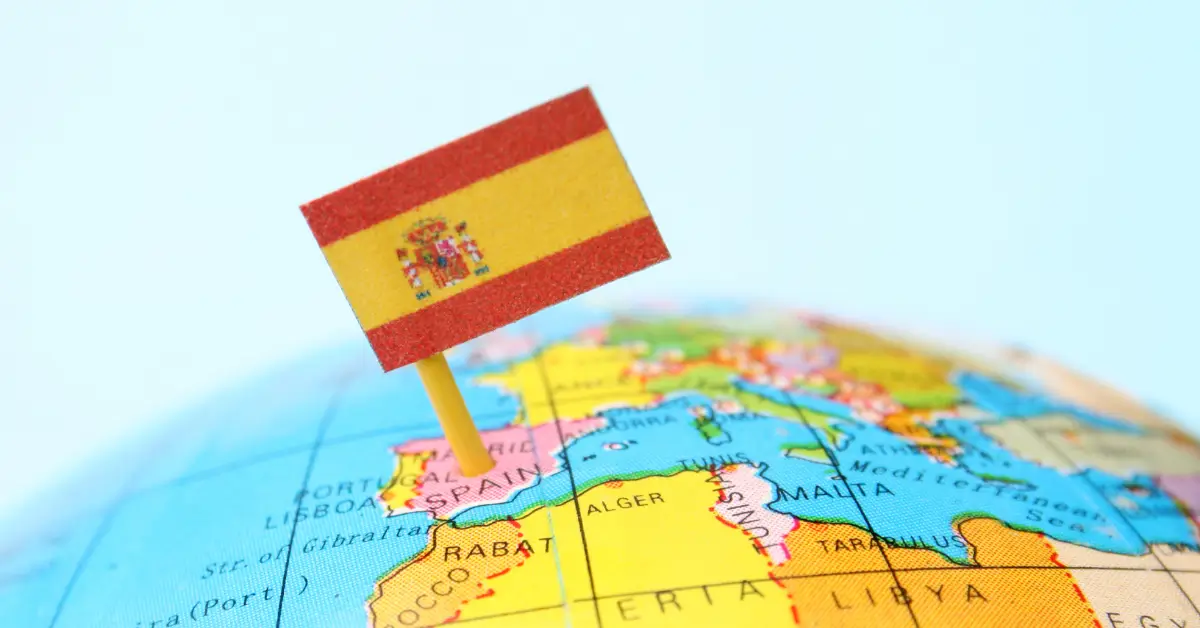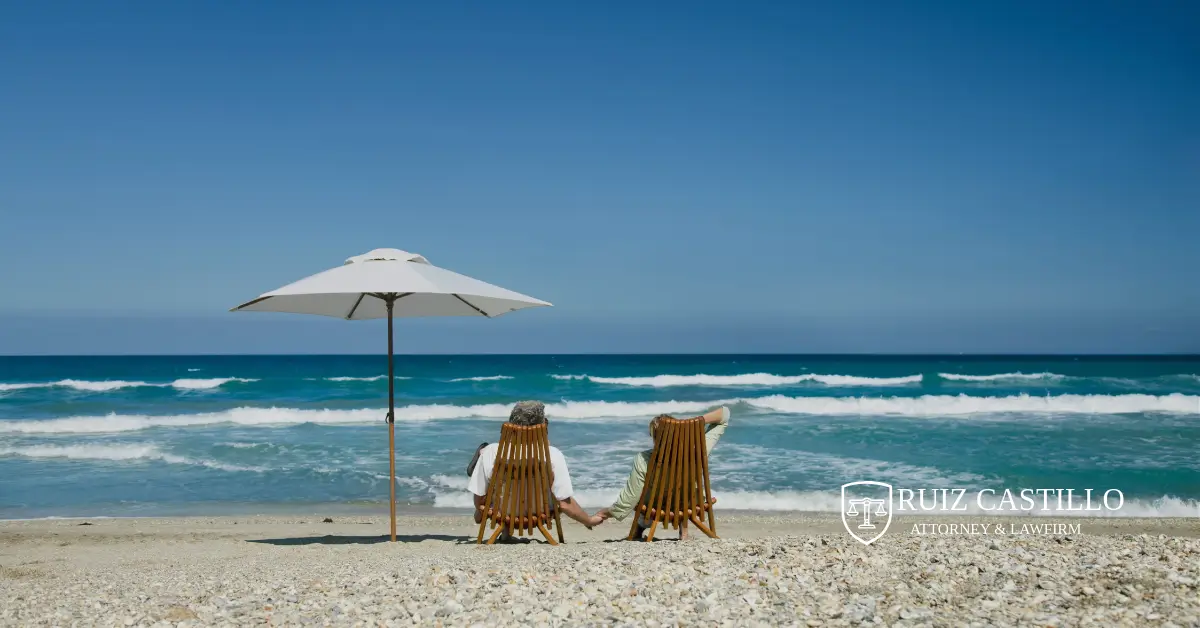
Navigating inheritance laws in Spain is crucial for foreign property owners. Spanish succession laws, particularly the forced heirship rules and regional inheritance tax regulations, can significantly impact how your estate is distributed. This article provides a comprehensive overview of these laws, helping you understand how they apply to your situation and how to plan your […]
Happy clients
Experience
Masters degrees
Navigating inheritance laws in Spain is crucial for foreign property owners. Spanish succession laws, particularly the forced heirship rules and regional inheritance tax regulations, can significantly impact how your estate is distributed. This article provides a comprehensive overview of these laws, helping you understand how they apply to your situation and how to plan your estate effectively. Whether you are a foreign resident or a non-resident with assets in Spain, knowing these legal aspects can ensure that your estate is passed on smoothly and in line with your wishes.
Read my in-depth article about buying and owning property in Spain as a foreigner.
Inheritance laws in Spain are an important factor for foreign property owners to consider. Spanish succession laws, including forced heirship rules, dictate how your estate will be distributed. On top of that, regional inheritance tax can add financial obligations to your heirs. This guide covers the key aspects of Spanish inheritance laws, including forced heirship, applicable law for foreign nationals, and the inheritance tax process. Understanding these regulations will help you plan your estate efficiently and ensure that your wishes are respected.
Spanish inheritance law is strict in its regulation of how an estate must be distributed among heirs. This is particularly important for foreign nationals who may not be familiar with the concept of forced heirship, which is one of the most defining features of Spanish inheritance law.
Spain’s inheritance law mandates that a portion of your estate must go to your close family members, regardless of your will’s instructions. This system is known as forced heirship. If you have children, two-thirds of your estate must be distributed among them. The first third is to be divided equally among your children, while the second third can be distributed more flexibly among them. The final third of your estate is called the “free disposal” portion, which you can allocate to anyone, including non-family members.
While forced heirship aims to protect family members, it can create complications for foreign nationals who may prefer more flexibility in distributing their assets. Planning ahead and understanding your rights under Spanish law can prevent unintended outcomes.
Read my in-depth article about the legal steps to buying property in Spain.
Fortunately, foreign nationals can choose not to follow Spain’s forced heirship rules. EU Regulation No. 650/2012, also known as Brussels IV, allows foreign nationals residing in Spain to elect the inheritance law of their home country to apply to their estate. By clearly stating your choice of law in your will, you can opt for the legal system of your nationality rather than Spain’s forced heirship rules.
However, if you do not explicitly make this choice in your will, Spanish inheritance law will apply by default, including its forced heirship provisions. It is important to update your will to reflect this choice to avoid complications. If you need assistance in drafting or updating your will to reflect this preference, I, José María Ruiz Castillo, can guide you through the process, ensuring that your estate is distributed according to your wishes.
In addition to understanding Spain’s succession laws, it is essential for foreign property owners to consider inheritance tax. This tax is levied on heirs based on the value of the inherited estate, with significant regional differences that affect the overall tax burden.
Spain imposes inheritance tax on a progressive scale, meaning that the tax rate increases as the value of the inheritance rises. However, the amount of tax payable varies significantly between Spain’s autonomous regions. For example, regions such as Madrid and Andalusia offer substantial reductions or exemptions for close family members, such as spouses and children. In contrast, regions like Catalonia and Valencia may have higher rates and fewer exemptions, making the location of the property a key factor in determining the tax burden.
The relationship between the heir and the deceased also plays an important role. Close relatives, such as children, spouses, and parents, are entitled to higher tax exemptions, while more distant relatives or non-family members face higher tax rates. Non-residents, including foreign nationals, may not be eligible for the same exemptions as Spanish residents, so it is essential to plan your estate accordingly.
Strategic succession planning can help minimize the tax burden on your heirs. By considering both regional tax laws and your heirs’ relationship to you, you can ensure that your estate is structured in a tax-efficient manner. If you need guidance on how to reduce the tax impact on your heirs, I can help you navigate the complexities of inheritance tax in Spain.
After an inheritance is received, the heirs are required to file Modelo 650, the official form for declaring and paying inheritance tax. This form must be filed within six months of the death of the deceased, though an extension can be requested in certain cases.
Filing Modelo 650 requires detailed information about the inherited estate, including the value of the assets and the relationship between the heir and the deceased. Failure to file the form accurately or on time can result in penalties and interest charges, so it is crucial to ensure everything is handled properly. I can assist you in preparing and submitting Modelo 650, ensuring that all deadlines are met and that the tax filing process is handled efficiently.
Understanding Spain’s inheritance laws and the regional variations in inheritance tax is crucial for foreign property owners who want to ensure their estate is distributed according to their wishes. Whether you are dealing with Spain’s forced heirship rules, choosing the applicable law under EU Regulation No. 650/2012, or navigating the complexities of inheritance tax, careful planning is essential to avoid complications for your heirs.If you need legal assistance with drafting a will, planning your estate, or filing inheritance tax documents like Modelo 650, I am here to help. As an experienced lawyer, I, José María Ruiz Castillo, specialize in assisting foreign nationals with inheritance matters in Spain. Contact me today to ensure your estate is managed properly and that your wishes are respected.







